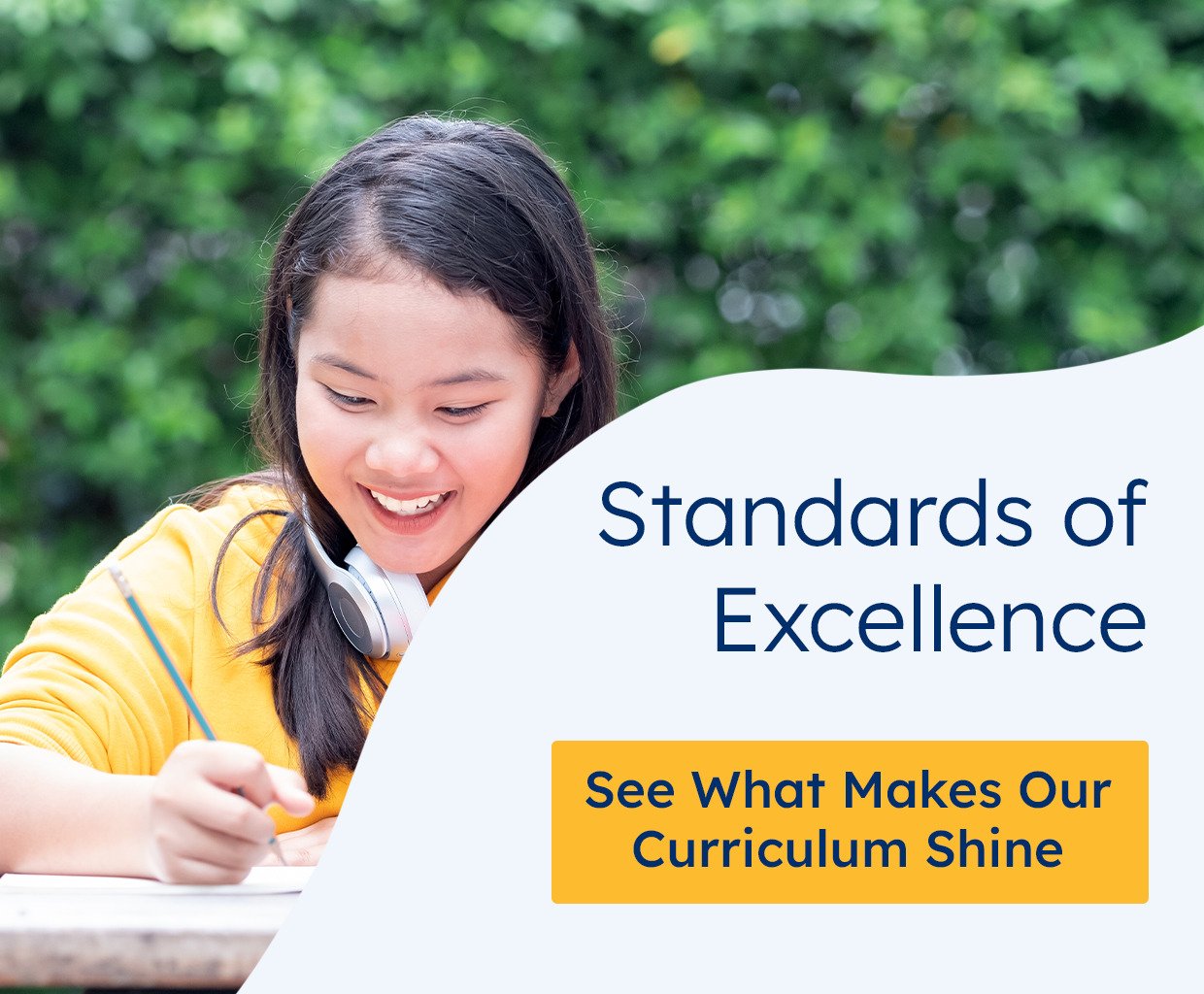Earlier this year, the state of West Virginia approved the use of Educational Savings Accounts (ESAs) for its residents. Sounds like big, important news, doesn’t it? Absolutely! But…what does it mean for West Virginians? First, let’s look at what ESAs are, and then we’ll delve into why it’s important for families in the Mountain State.
What Is an Educational Savings Account (ESA)?
According to EdChoice, ESAs are accounts that allow parents to withdraw their children from public district or charter schools and receive a deposit of public funds into government-authorized savings accounts with restricted, but multiple, uses. Generally distributed to families via debit cards, these funds can be used to cover private school tuition and fees, online learning programs, private tutoring, community college costs, higher education expenses, and other approved customized learning services and materials. Some ESAs also allow students to use their funds to pay for a combination of public school courses and private services.
The Benefits of ESAs
Aside from the obvious benefit of providing families with school choices, ESAs offer other advantages.
- The money in ESAs grows without being taxed, as it’s funded with money that already has been taxed. That means money can be withdrawn without a tax penalty, as long as it’s used for the appropriate and approved educational expenses.
- The account is an investment, allowing the money in the account to continue growing. ESAs offer a wide variety of investment types, such as stocks, bonds, and mutual funds and offer the benefit of compound interest growth.
- ESAs allow families to transfer funds to someone who is related to the original beneficiary. This can come in very handy if, for example, your older child receives a nice scholarship for college and doesn’t necessarily need that saved money; it can then be transferred to a sibling without incurring a tax penalty.
What an ESA Means for West Virginia
Enacted in 2021 and set to launch in 2022 (parents can apply in March, with the program officially starting in August), West Virginia’s ESA, also known as the Hope Scholarship Program, will allow eligible parents to receive the average per-pupil state funding set aside for their children’s education (approximately $4,600) in the form of an electronic, parent-controlled fund for educational expenses.
In West Virginia, these expenses will include private school tuition, tutoring, individual classes and extracurricular activities provided by a public school district, tuition and fees for non-public online learning programs, alternative education programs, therapies, fees for nationally standardized tests, advanced placement (AP) exams, college admission exams, college exams prep courses, credentialing, after-school and summer education programs, transportation, and more.
The Hope Scholarship Program is the first school choice program in West Virginia, and it’s also considered to be the most expansive ESA in the entire country. A huge feature of this program is that nearly 100% of students in the state are eligible for the programs; students must have attended public elementary or secondary schools for at least 45 days of full-time instruction during the school year in which they apply, or have been enrolled in public school for the entire previous school year. All kindergarten students are also eligible.
The bottom line is that this program can potentially help tens of thousands of students in West Virginia who deserve a choice in education.
How This Program Impacts Homeschooling in West Virginia
The only real impact the Hope Scholarship Program ESA has on homeschooling in West Virginia is a positive one! According to the program’s official website, parents can use the funds to pay for a micro-school, learning pod, or other at-home learning expenses, tuition to a private school, and a number of other educational expenses.
So, yes, these funds can be put toward homeschooling expenses. That said, there is an important caveat, according to the West Virginia State Treasurer’s office: If a student is currently being homeschooled, the student is not eligible to participate in the Hope Scholarship Program. However, the student could become eligible by enrolling full time and attending a public elementary or secondary school program in this state for at least 45 days at the time of application.
That means, if you’re currently homeschooling in West Virginia, you won’t be able to take advantage of the program’s benefits. But if you’re looking to homeschool, your child would have to be enrolled in public school and attend that school for at least 45 days before you can pull your student out and begin homeschooling.
As with any new program with plenty of fine print and legal language, it’s best to consult with the experts, such as the Treasurer’s office or the Hope Scholarship Board.
Before you begin homeschooling your eligible student, make sure you consult with West Virginia’s homeschooling laws to ensure you’re in compliance. Every state has its own unique set of laws involving homeschooling–you can find West Virginia’s right here!If you live in West Virginia and you’re considering homeschooling, you’re in the right place! Bridgeway is proud to be the homeschool partner of many West Virginians, and we’re here to answer any questions you may have about homeschooling in the Mountain State.








